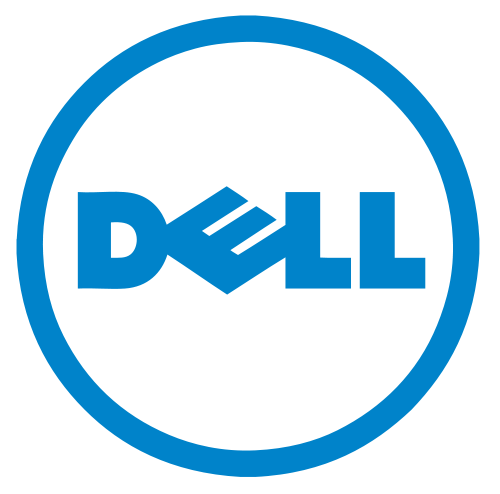In a move that really comes as no surprise to anybody, Sony Corporation (NYSE: SNE) is bidding a not-so-fond farewell to their money losing Personal Computer (PC) business. Despite reporting outstanding numbers for the quarter, Sales were reported at $22.979 billion, up 24% from a year before, and operating income was reported at $860 million, up 94.6% it was clearly time for the move.
The Japanese conglomerate has finally thrown in the towel on business that probably should have been sold years ago. Had they followed the strategy International Business Machines (NYSE:IBM) did in 2004 when they sold their PC business to Lenovo, the division may have not have become the financial albatross it is now.
The company announced today they are selling their Vaio-branded PC business to an investment firm called Japanese Industrial Partners. With analysts projecting a $1.1 billion loss from the division, the move is one of those better late than never transactions. Hedge Fund manager Dan Loeb from Third Point has pounded the company publicly to shed operations like the PC business and the media business.
With the sale of the unit, three big PC players are left standing. Lenovo Group, Hewlett-Packard Company (NYSE: HPQ) and the now private Dell Computer. The mere fact that some of the high-powered competition has left, should push business to the big three. That bad news is the PC pie is shrinking every year as corporations are either slow to upgrade, or depending more on laptops and tablets to accomplish what the PC used to in past years. Gartner recently released the fourth quarter PC shipments and they were abysmal, down 6.9%.
The good news for the new big three? Analysts on Wall Street are reasonably bullish that PC shipment declines have bottomed out. Even the team at Gartner agrees with the analysis.
“Although PC shipments continued to decline in the worldwide market in the fourth quarter, we increasingly believe markets, such as the U.S., have bottomed out as the adjustment to the installed base slows,” said Mikako Kitagawa, principal analyst at Gartner. “Strong growth in tablets continued to negatively impact PC growth in emerging markets. In emerging markets, the first connected device for consumers is most likely a smartphone, and their first computing device is a tablet. As a result, the adoption of PCs in emerging markets will be slower as consumers skip PCs for tablets.”
One thing is for sure, this battle is just beginning. Meg Whitman’s stint as CEO and President at Hewlett-Packard, has produced a turnaround that looked close to impossible, just a few short years ago. HP garnered 16.4% of global PC shipments. Lenovo seems bent on staying the worldwide leader, as they took the lead in the third quarter of 2013 and repeated again in the fourth quarter, accounting for 18.1% of global PC shipments. Dell is a distant third with 11.8% of global PC shipments, and may be focusing much more on the IBM path of becoming more of a full scale services provider.
The Wall Street bullish PC theme is based upon the belief that so many PC’s sitting on corporate desks are plain and simple, too old. The operating systems are old and the processing power from the chips installed 4-5 years ago just can’t keep up with todays latency and demands. While the PC battles of the 1990’s are long in the rearview mirror, the showdown of those who are still in the game will continue.
Thank you for reading! Have some feedback for us?
Contact the 24/7 Wall St. editorial team.





